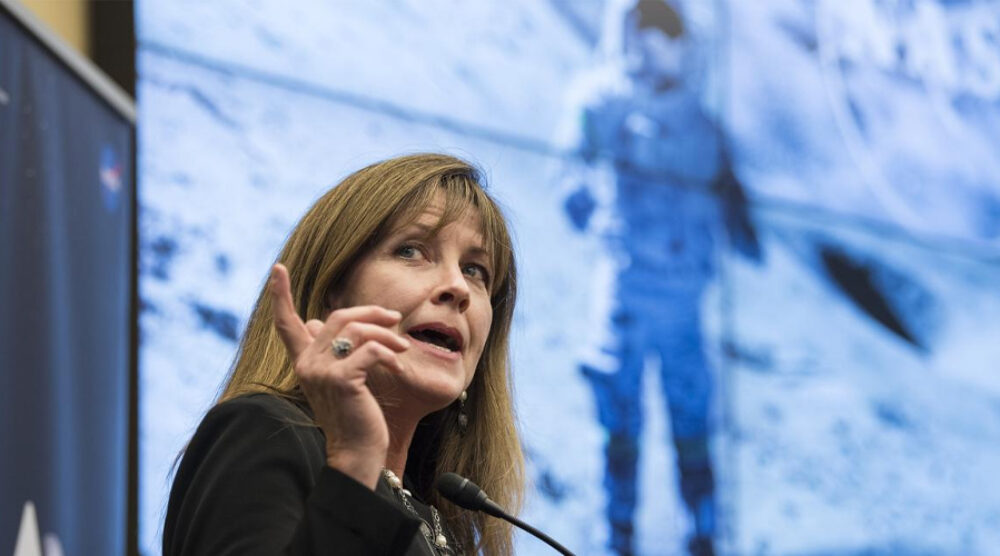ELISE STEPHENSON AND CASSANDRA STEER |
Senior US Space Force officials visiting Australia have warned that a conflict in space in the next few years is a very real prospect. From Australia’s participation in the UN open-ended working group on reducing space threats, to the establishment of the Defence Space Command in January, space security is becoming an increasingly critical focus. To date, however, there’s been no overlap between Australia’s approach to space security and its commitments to international security through the UN women, peace and security (WPS) agenda. Why? And where are the women in space security?
To truly protect Australia’s interests and promote responsible behaviour in space, gender-sensitive and gender-inclusive space security is critical. Indeed, as one of us has argued, ‘[G]reater diversity is needed in the space sector, and this will only be achieved when women feel they are truly part of the structures and institutions that govern space.’ This is as important to Australia’s nascent but fast-developing space industry as it is to our security instruments and approach to space.
What does gender-inclusive space mean for Australia’s foreign-policy and national-security agencies? In short, Australia’s ultimate goals and outcomes in space can only be achieved by applying the lessons of the WPS agenda to international cooperation and collaboration in space, by addressing our current framework for foreign policy and national security, and by creating the kind of inclusive space sector we want for the future.
Please click here to read the full “Old inequalities, new space? Women, peace and space security” article published at The Strategist, written by Griffith Asia Institute Adjunct Member, Dr Elise Stephenson, and Dr Cassandra Steer.








